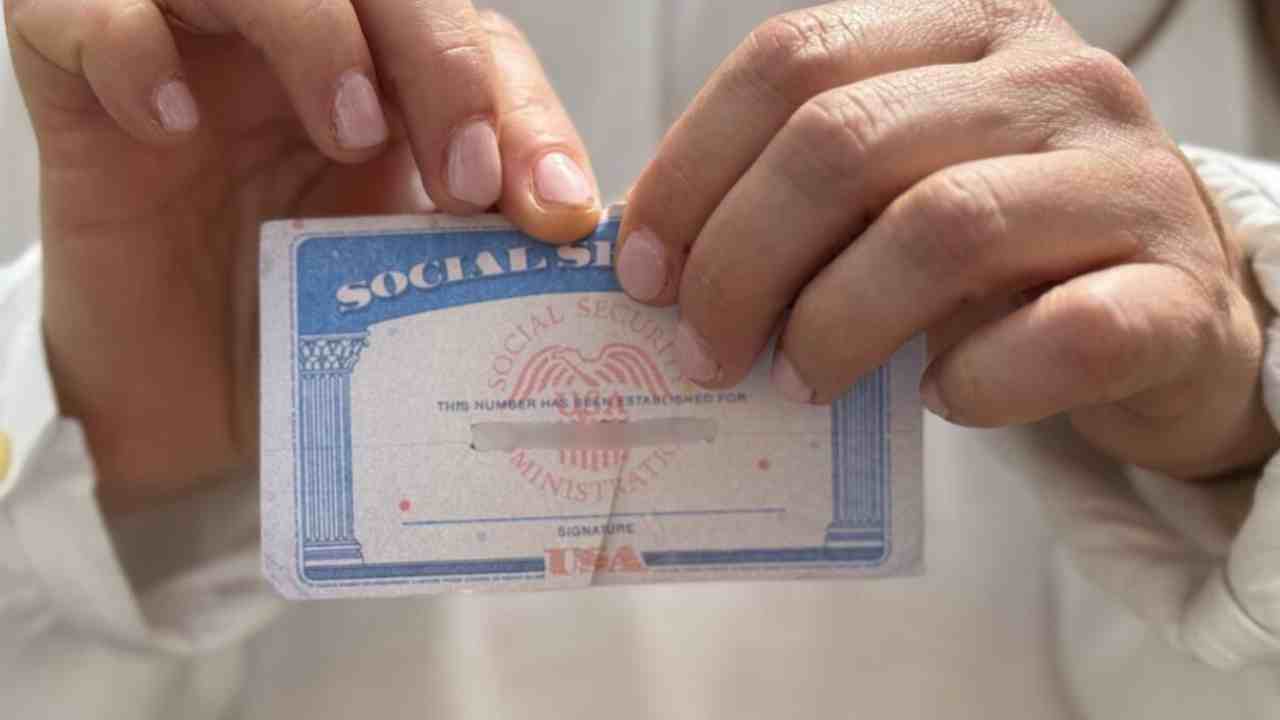Generally, SSDI (Social Security Disability Insurance) benefits will continue as long as you remain eligible. So, if you have received approval from the Agency, you will be collecting them if your disability continues. Nevertheless, it is possible that some circumstances may cause your disability benefits to be terminated. Sometimes, due to medical improvements and state-of-the-art technology, a recipient may get over their disability.
As a result of this health improvement, you may lose your SSDI payments because you no longer meet the requirement of having a disability that prevents you from working. On other occasions, you may simply get over it because it was a long recovery process you had to deal with. But not all Social Security rules have to do with health.
SSDI benefits and work: ways to lose payments
The Social Security Administration (SSA) may stop or suspend your benefits due to work. For example, if you take part in the Trial Work Period and you complete it, you may lose your benefits if you work and have earnings at a level the SSA considers substantial.
Do not forget that during the 36-month re-entitlement period after you complete the Trial Work Period, SSA suspends disability benefits for any months you earnings are over the SGA level.
Of course, they can be restarted if your earnings fall below the SGA level in that period. Some people do not take part in the Trial Work Period and go back to work without reporting it to the SSA may also lose benefits.
Even when you reach the Full Retirement Age, your SSDI will be terminated, but do not worry, because they will automatically turn into retirement benefits and you will collect the same payment amount.
SSDI benefits if you go to prison
Social Security Disability Insurance benefits will be stopped once you exceed the number of days you can stay in prison. Bear in mind that SSDI and retirement payments are prohibited for most prisoners.
In general, the SSA will spend your SSDI payment if an eligible person is confined in a jail, prison or any other penal institution for over 30 days in a row. Have you been sentenced to prison for over 30 years?
Then, the SSA will not be able to pay disability benefits to you. This is because you are in an institution at public expense, and it is a court order. Things to report while on SSDI:
- Report any health improvement
- Report if you have started to work
- Report if you go to jail or prison or an institution at government expense
SSDI recipients who would like to contact the Social Security Administration to report these changes can simply call the Agency at 1-800-772-1213 Monday through Friday, 7 am – 7 pm. Those who prefer it can go to their local office to report it.







